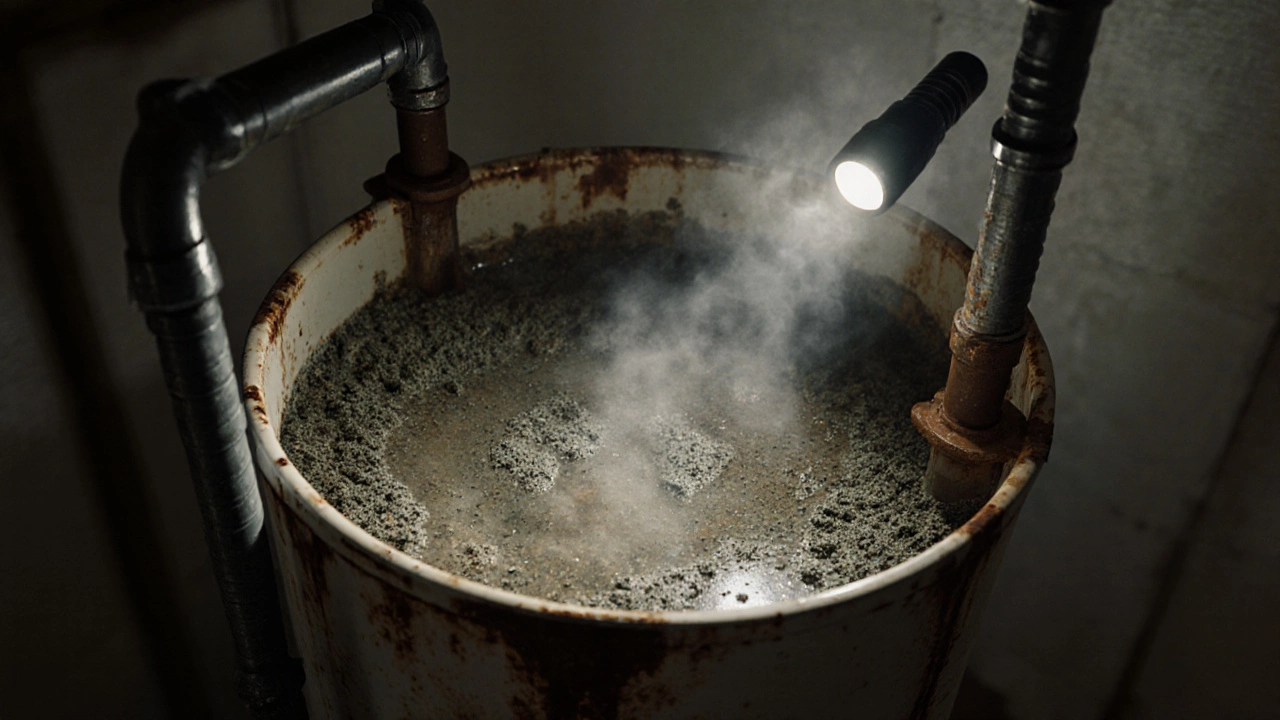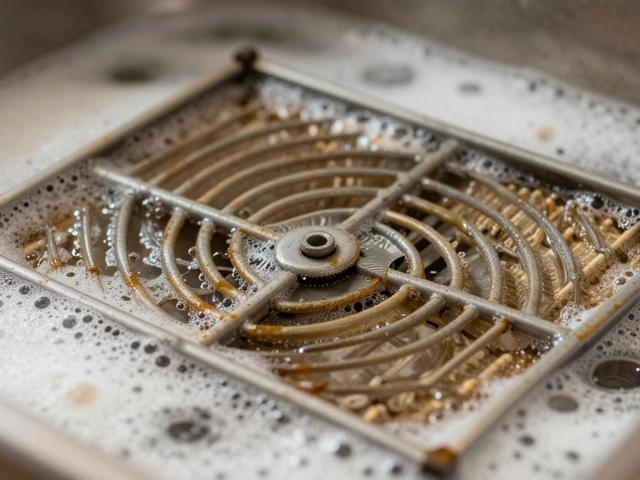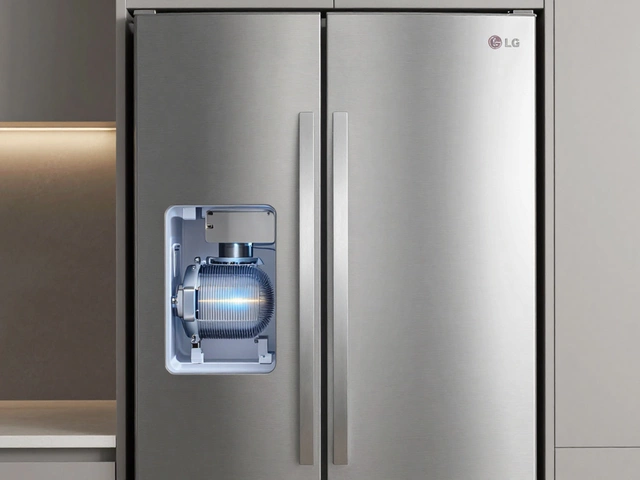Sediment Buildup in Water Heaters and Boilers: Causes, Signs, and Fixes
When sediment buildup, the accumulation of minerals like calcium and magnesium that settle at the bottom of water tanks over time. Also known as scale, it slowly chokes your water heater and boiler, forcing them to work harder, use more energy, and wear out faster. This isn’t just a minor annoyance—it’s one of the top reasons water heaters fail before their time.
Most homes in hard water areas get hit with this. If you’ve noticed your hot water takes longer to come on, your heater makes rumbling or popping noises, or you’re getting less hot water than before, water heater sediment, the gritty, mineral-rich sludge that collects in the tank’s lowest point is likely the culprit. Over time, this layer acts like insulation, trapping heat below and making your heating element or burner burn hotter and longer just to warm the water above it. That extra strain burns out elements faster and cracks tank linings. It’s also why your boiler might be losing efficiency—boiler scale, a hardened form of sediment that sticks to internal pipes and heat exchangers—can block water flow and cause overheating, triggering safety shutdowns.
You don’t need to replace your water heater the moment you hear a rumble. Many systems can be saved with a simple flush. But if you wait too long, that sediment turns into a silent killer—corroding tanks, clogging valves, and forcing expensive repairs. The good news? You can spot the signs early. Rusty water, odd smells, inconsistent temperatures, and longer heating cycles are all red flags. And if you’ve got a tank-style water heater or a conventional boiler, this problem is almost guaranteed to show up eventually, especially if you’ve never drained it.
The posts below cover exactly how to diagnose sediment issues, what tools you need for a flush, when to call a pro, and how to prevent it from coming back. You’ll find real fixes for water heaters that won’t hold heat, boilers that shut off randomly, and tanks that sound like they’re boiling gravel. No fluff. Just what actually works.
Water heaters fail early due to sediment buildup, corroded anode rods, high pressure, and poor maintenance. Learn the real reasons and how to fix them before your tank leaks.


